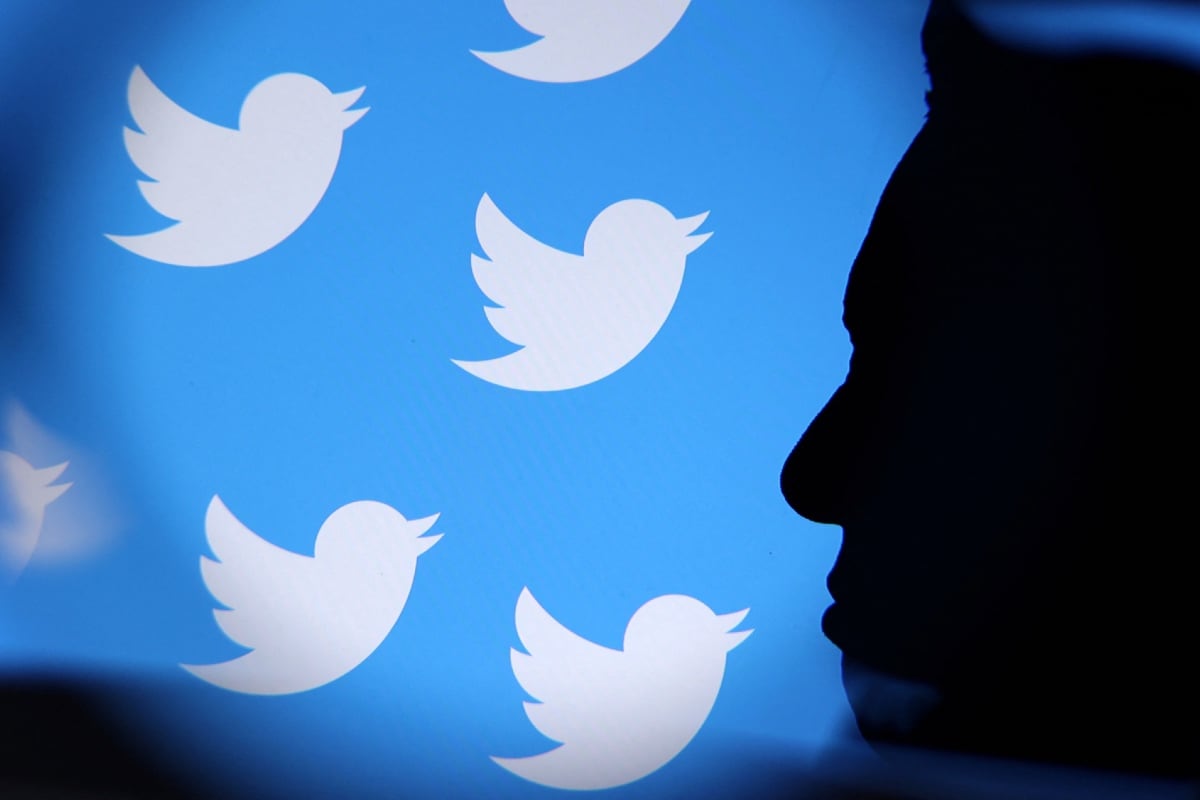
Twitter owner Elon Musk tweeted on Monday that Twitter’s basic blue tick will have half the number of advertisements and the social media platform will offer a higher tier with no advertisements by next year. Musk also confirmed in a response to a Twitter user that the microblogging platform would eventually remove blue check marks from “legacy accounts” which were verified for notability in a variety of fields.
Musk did not elaborate further on the details. The company re-enabled the Twitter Blue sign on Monday, after announcing last week that accounts for individuals will get a blue check, while gold and grey check marks will denote business and government accounts.
Basic Blue will have half the number of ads. We will offer a higher tier with no ads next year.
— Elon Musk (@elonmusk) December 13, 2022
The monthly subscription price will be $8 (roughly Rs 660) on the web and $11 (roughly Rs 900) on Apple devices, respectively.
Twitter earns nearly 90 percent of its revenue from selling digital ads and Musk recently attributed a “massive drop in revenue” to civil rights organizations that have pressured brands to pause their Twitter ads.
Musk also responded to a user stating that legacy verified accounts would lose their check marks in the coming months. “The way in which they were given out was corrupt and nonsensical,” he said.
In a few months, we will remove all legacy blue checks. The way in which they were given out was corrupt and nonsensical.
— Elon Musk (@elonmusk) December 12, 2022
The company had initially launched Twitter Blue early in November before pausing it as fake accounts mushroomed. It was then scheduled to launch again on November 29 but was pushed back.
Elon Musk, who took Twitter private for $44 billion in November had in a series of tweets last month listed various grievances with Apple, including the 30 percent fee the iPhone maker charges software developers for in-app purchases.
The commission could weigh on Musk’s attempts to boost subscription revenue at Twitter, in part to make up for the exodus of advertisers over content moderation concerns.
The fee has drawn criticism and lawsuits from companies such as Epic Games, the maker of Fortnite, while attracting the scrutiny of regulators globally.
© Thomson Reuters 2022



